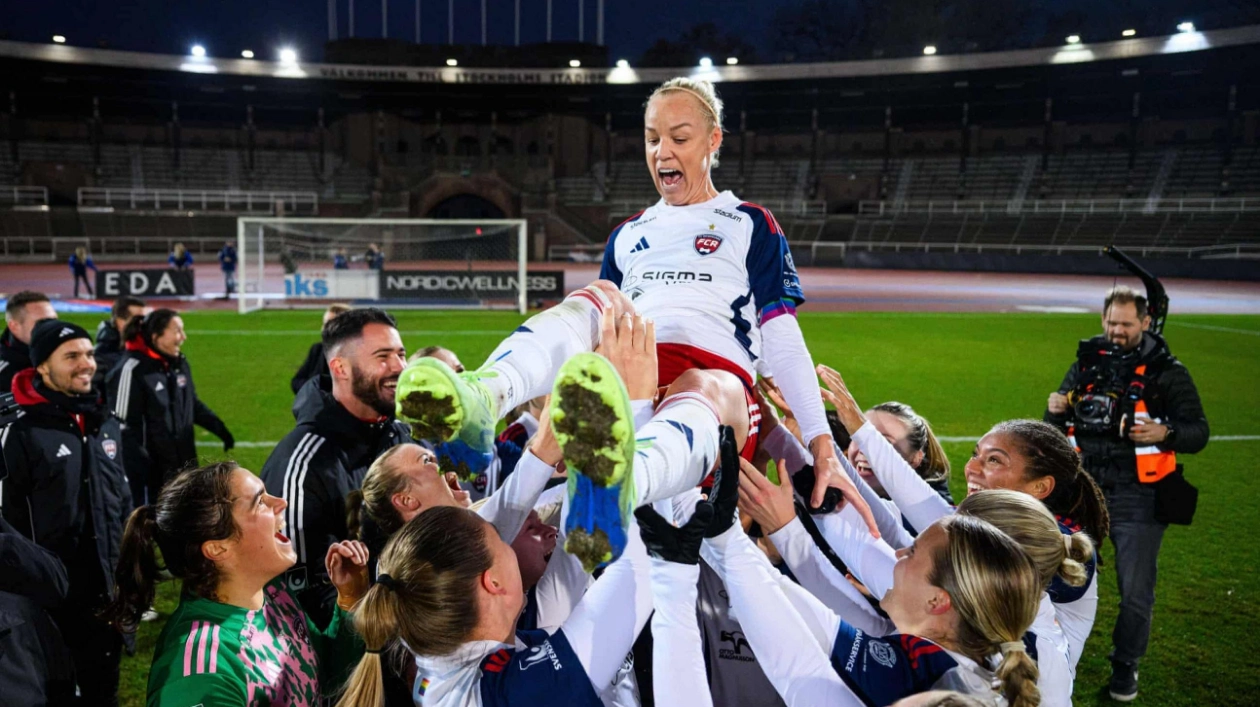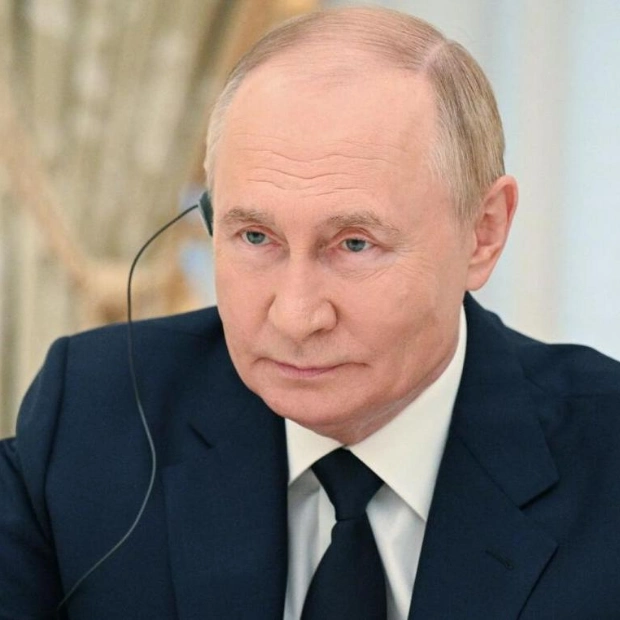As the final whistle echoed through Stockholm on Saturday afternoon, fans of Rosengård and hosts Djurgården rose to their feet. Flags and banners were hoisted high at the Olympic Stadium, and a standing ovation followed as Caroline Seger, a name synonymous with Swedish women’s football for nearly two decades, walked off the competitive football pitch for the last time.
Every footballer dreams of ending their career on a high, but few achieve it, especially after bidding farewell to the international stage. Seger, however, managed to go out at the pinnacle, a fitting finale for an individual who has transformed the game in Sweden both on and off the field. With a 3-0 victory over Djurgård, Rosengård concluded their season, allowing the celebrations to commence. It was a successful campaign for the Malmö side, who reclaimed the Damallsvenskan title from last year’s champions, Hammarby, finishing nine points ahead of Häcken in second place. This marks the fourth domestic title Seger has won with the club since joining in 2017, and the seventh in a career that has seen her achieve success worldwide. As influential off the field as she was on it, she will be remembered as a strong advocate for the LGBTQ+ community.
Born in Helsingborg in 1985, Seger began her senior career with a five-year stint at Linköping. A key figure in their midfield, she made 139 appearances, helping the club win the league title in 2009 and three Svenska Cupen victories. Like many of her peers, she then moved to the US, spending a year at Philadelphia Independence and Western New York Flash, where she won a Women’s Professional Soccer title. She returned to Sweden for two seasons at Tyresö, winning another league title before the team withdrew from the Damallsvenskan due to financial issues. Seger then ventured to France, first to PSG and then to Lyon, where she added another domestic treble to her collection, including the 2016-17 Champions League, before returning to Sweden once more.
Seger became one of the most recognizable names in the Swedish national team and is widely regarded as one of the best midfielders of her generation. Her leadership, vision, and exceptional footballing intelligence were the hallmarks of her 18-year tenure in the Swedish midfield. She embodied the quality and energy that have kept Sweden at the forefront of world football.
After making her debut against Germany in 2005, Seger played 240 times for Sweden, holding the European all-time appearance record. She participated in 14 major tournaments, served as the national team captain, and was a key player in teams that secured three World Cup bronze medals and two Olympic silvers. Seger announced her international retirement in December 2023, following Sweden’s inaugural Nations League campaign. Despite persistent calf issues, she made the 2023 World Cup squad but only managed three appearances. Her return to full fitness and pivotal role for Rosengård in her final season are undoubtedly significant.
As the celebrations began, Seger reflected on her career. “At the moment, it’s mostly an emptiness to not be a footballer anymore,” she told Fotbollskanalen. “But I am, of course, happy and proud of what I have achieved and that I have had such a long and fine career.” Her future remains uncertain, but for now, there is one final farewell. On 3 December, she will return to Stockholm’s Tele2 Arena for Sweden’s Euro 2025 playoff against Serbia, a celebration of her career and a last opportunity for her country to thank her for her immense impact.
Source link: https://www.theguardian.com






